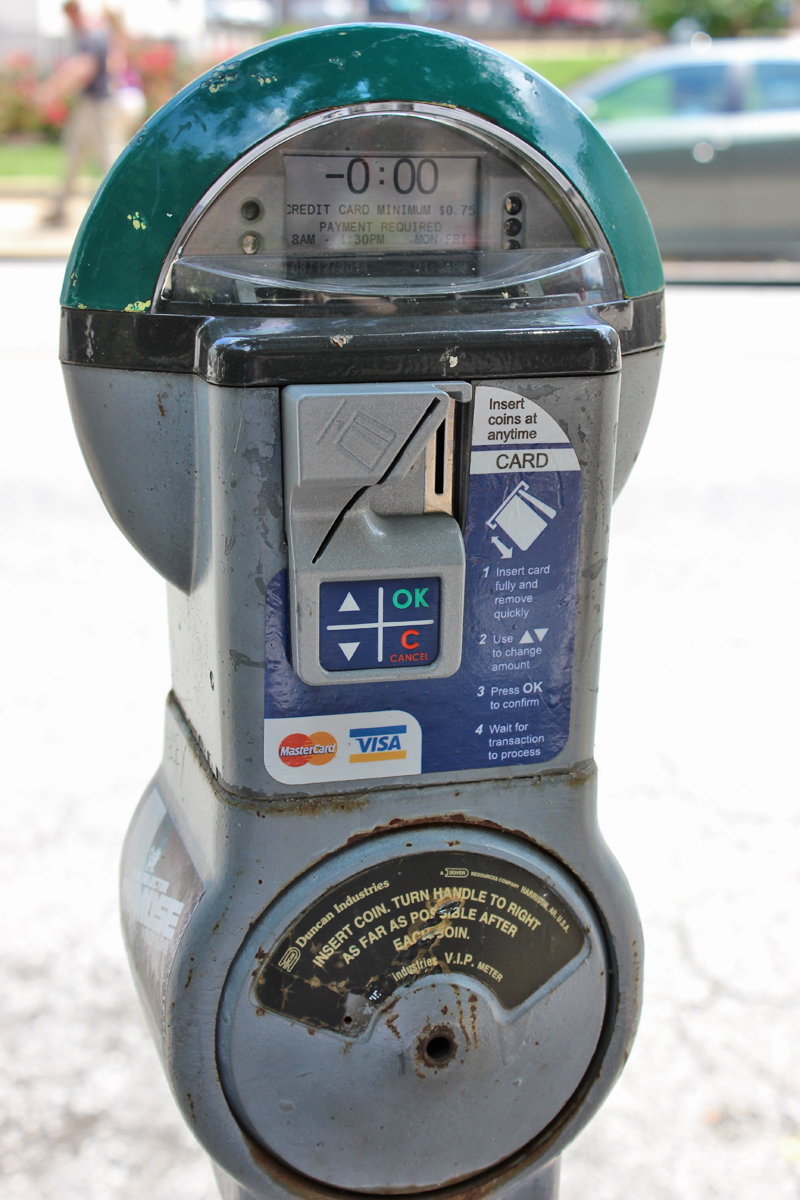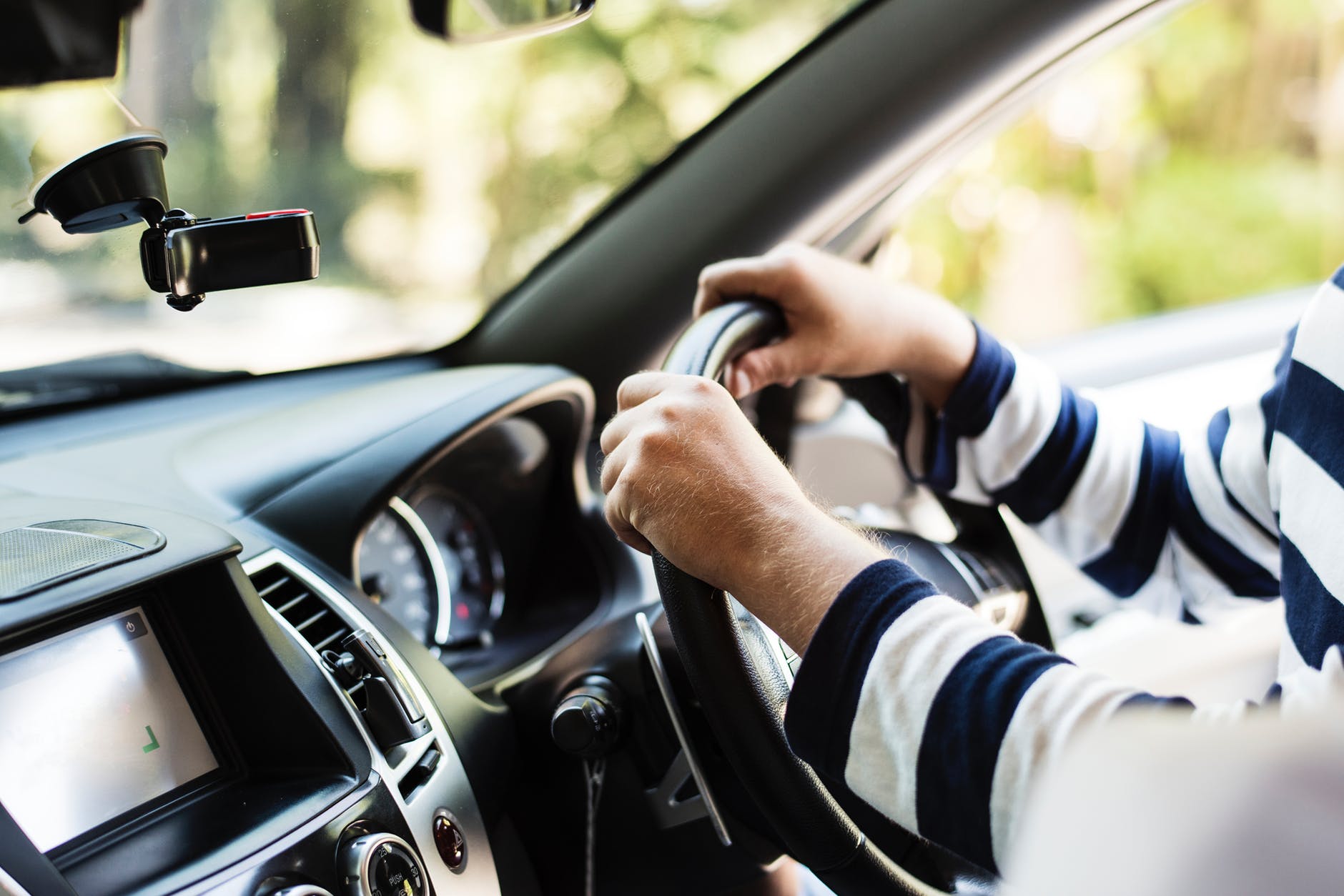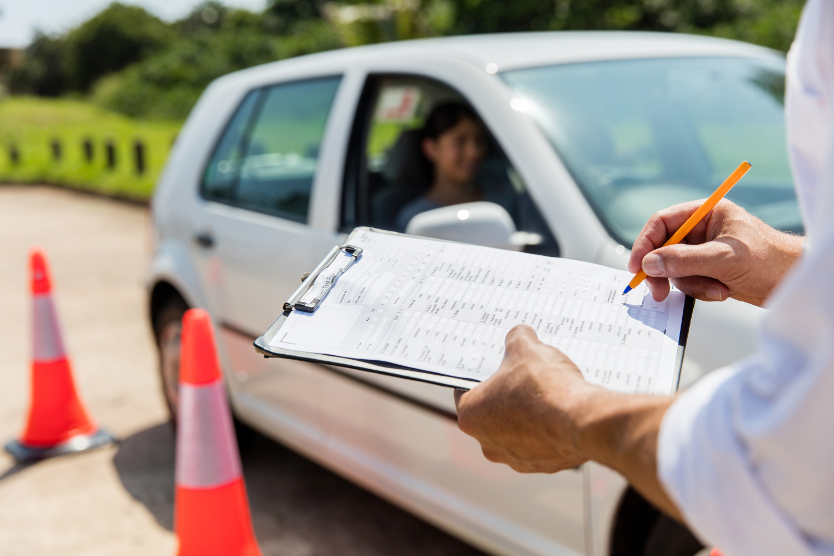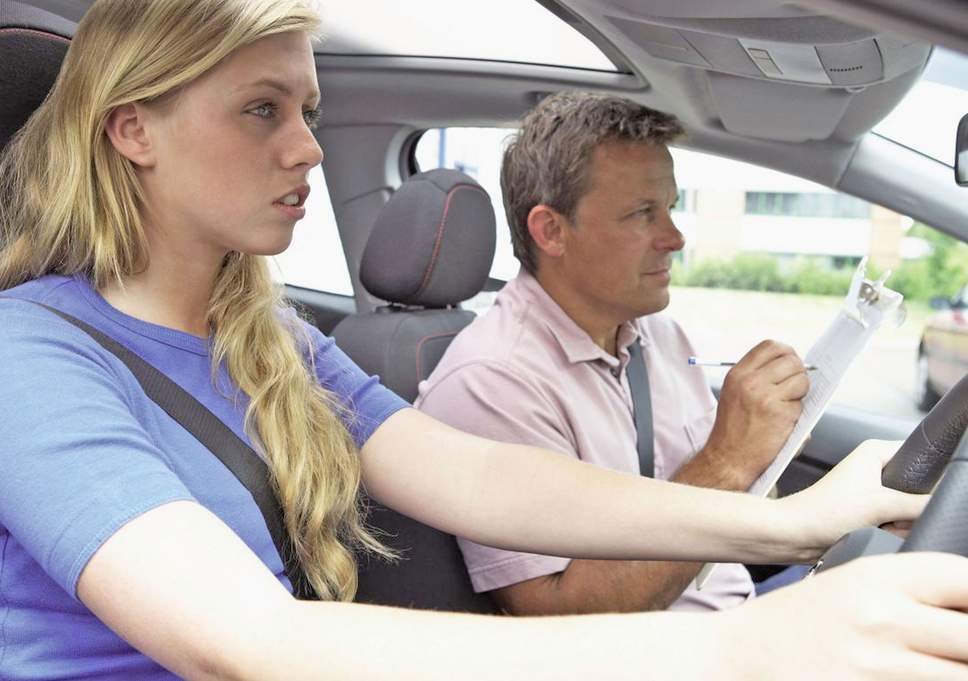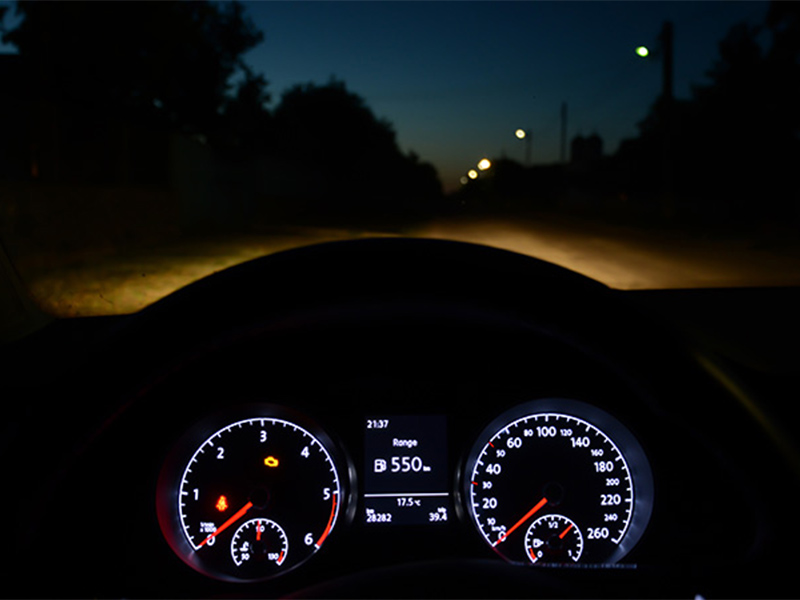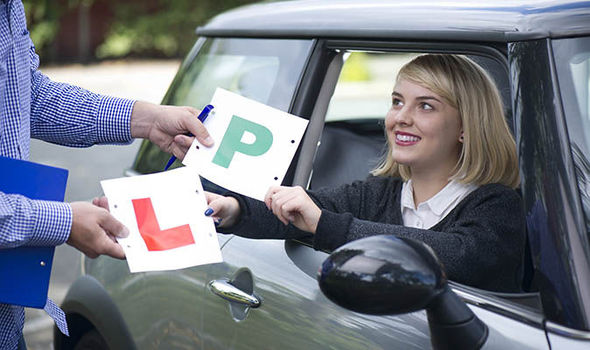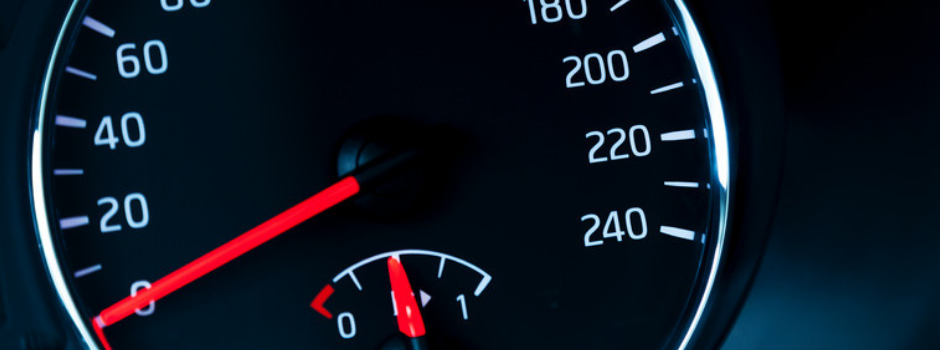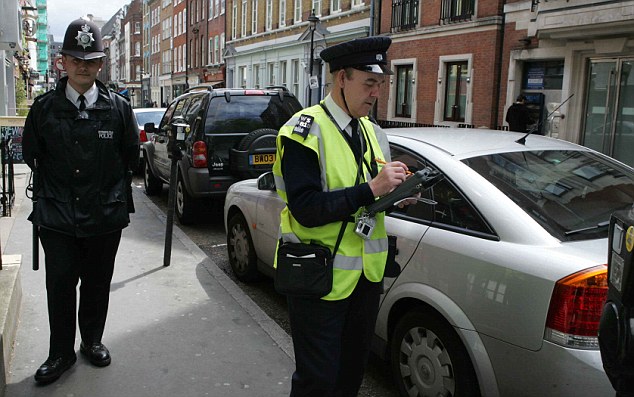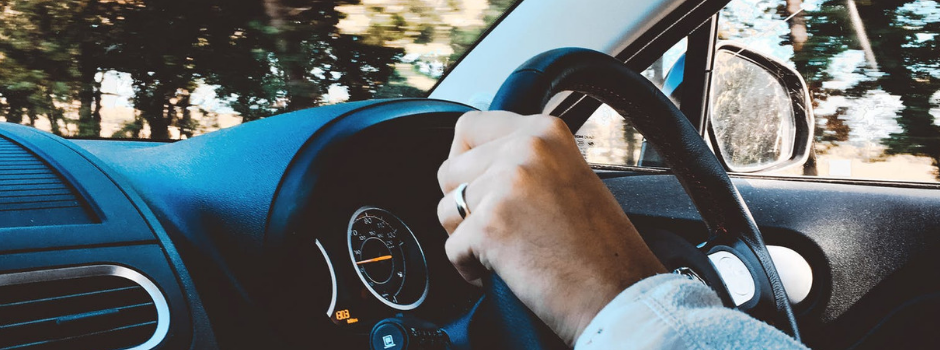British motorists and passengers could be breaking a number of driving laws without realising. As always Get Licensed has your back, and lets you know about some lesser known driving laws that can get you in trouble.
Being sick in a taxi
This might sound unfair, but if you know you are suffering from an illness it is up to you to tell your taxi driver so they can decide whether or not to take your fare. If a passenger knows they are ill and does not tell the taxi driver, they are breaking the law. As always, it’s better to be safe than sorry so next time you are unwell and getting into a taxi – make sure to tell the taxi driver.
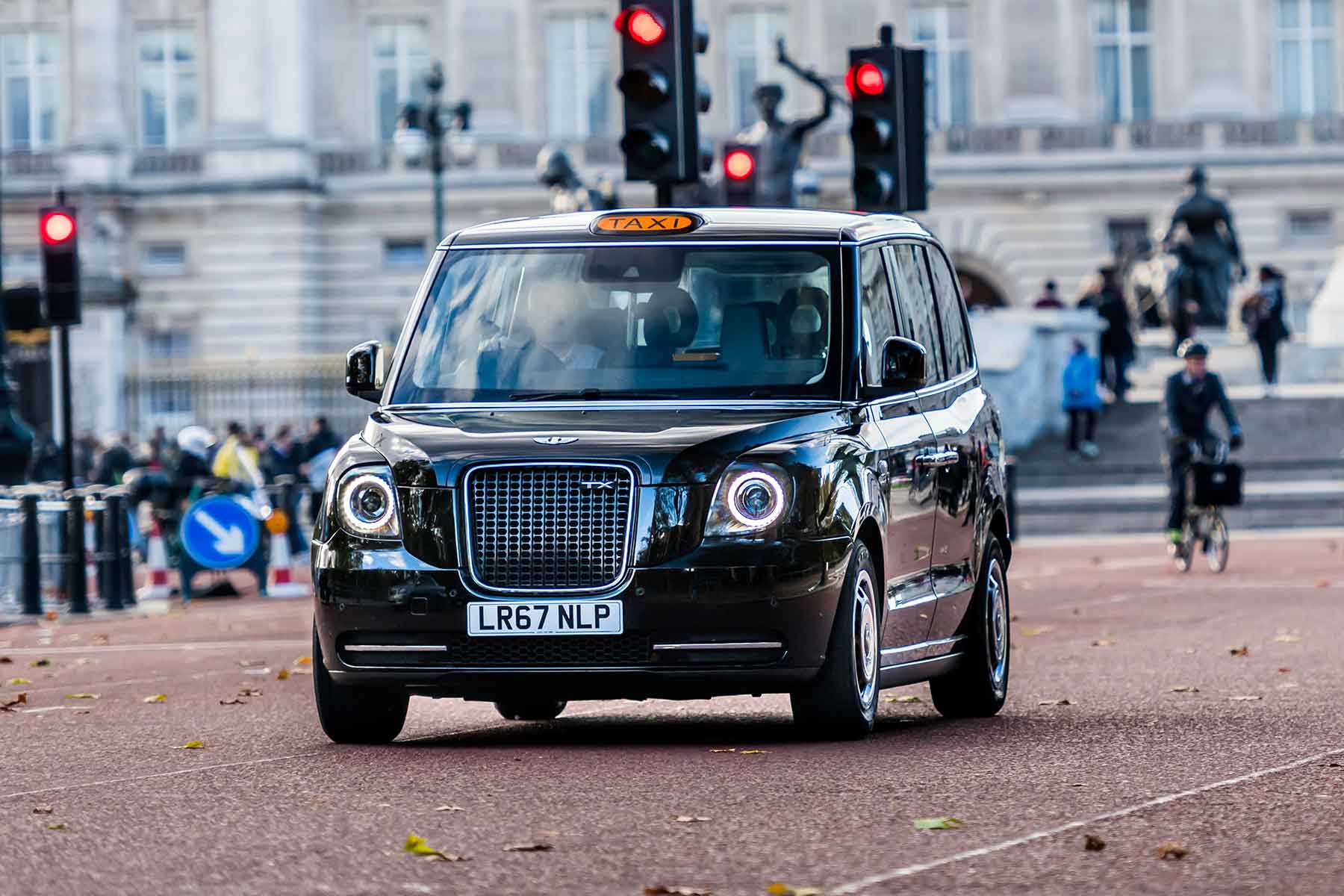
Splashing pedestrians
This is something that you shouldn’t be doing anyway, but it’s not also a bad thing to purposefully do to someone – it is illegal. Splashing pedestrians is deemed to be driving ‘without reasonable consideration for other persons’ under the Road Traffic Act 1998. Committing this offence means you can be hit with a £100 fixed penalty notice and three penalty points to your driving licence. So, be careful when driving near puddles or rainy and wet conditions.

Unsuitable footwear
When it comes to your footwear when driving, you need to shoes wisely. Wearing footwear that is deemed as unsuitable can be seen as a driver putting themselves, their passengers and other road users at risk. Drivers could face a fine or penalty points if they’re caught driving wearing the wrong type of footwear. So, what’s seen as unsuitable footwear? Ugg boots, wellies, and flip flops are seen as unsuitable for driving because they do not offer a suitable grip and can slip off the pedals.
Driving with pets
It’s understandable that drivers want to drive with their furry friends, but there are rules that need to be followed. Make sure your pets are properly restrained, so they are unable to distract the driver or injure passengers or themselves if the vehicle suddenly needs to stop. If a driver is pulled over with a rowdy pet, they could land themselves in the dog house – facing a fine for driving without due care and attention.

Singing in the car
Unfortunately, real life isn’t an episode of ‘Carpool Karaoke’ so next time you want to belt out some tunes behind the wheel – think again. This is because distractions such as loud music can result in a fine or penalty points as it can be deemed as driving without due care and attention.

Feeding the meter
Sometimes when you don’t have enough money for the parking meter, it might seem harmless to ask a passer-by if they have spare change. This can be seen begging and is classed a crime under the Vagrancy Act.
